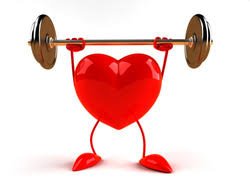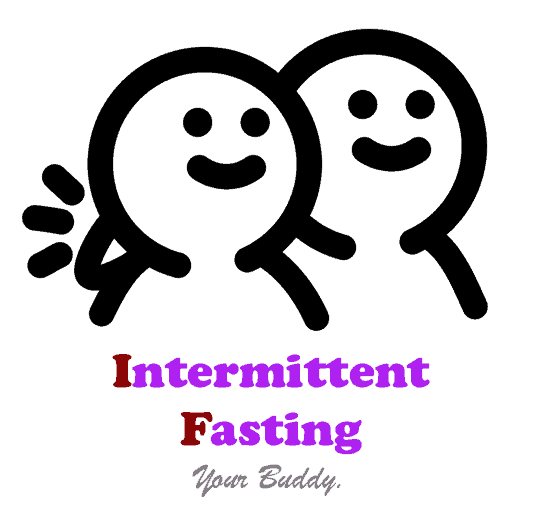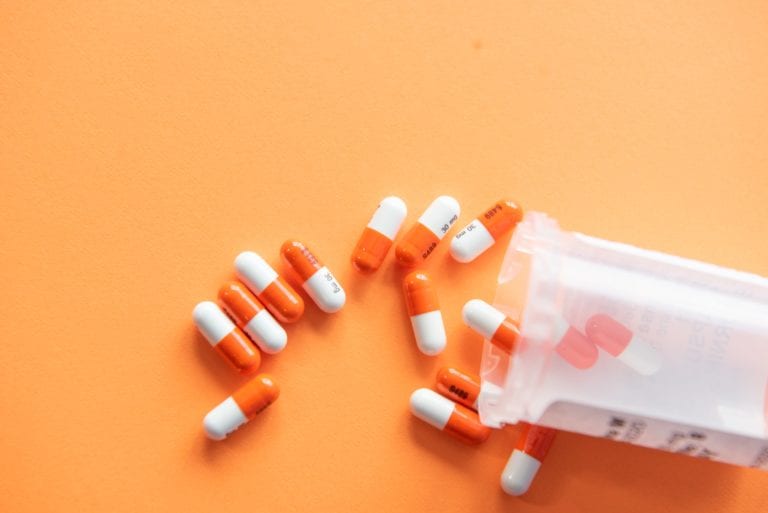When you start intermittent fasting you may ask yourself: can you take medicine while intermittent fasting?
The short answer is: it depends. Taking medication during intermittent fasting is generally safe and won’t break your fast. However, some medications can irritate the stomach lining and are best taken with food. Some supplements also come with nutrients and calories. But depending on the type of fast you’re following, taking them could be considered breaking the fast.
Here’s everything you need to know about taking medication during intermittent fasting.
Will taking medications break your fast?
The answer depends on two factors: the type of fast you’re on and the type of medication.
Most intermittent fasting diets allow you to have water or tea. But only as long as they are unsweetened, or contain added calories. In this case, taking medication will not break your fast. However, on a fast during which you are abstaining from any food, medications will be considered breaking the fast.
Prescription medication and antibiotics are free of calories, sugars, or other ingredients that would break the fast. This isn’t available for all supplements though. Gummy multivitamins, protein powders, or supplements containing any form of sugar could count as breaking your fast.
BCAA (branch-chained amino acid) supplements could also break your fast because they raise insulin levels. These supplements are usually recommended post-workout. So if you exercise in a fasted state, they can be a good way to break the fast. In addition, they maximize the benefits of your workout.
Classic multivitamins, HMB, fish oil, probiotics, prebiotics, or individual vitamins and minerals are less likely to break the fast. That’s because they are formulated as calorie-free supplements.
Is taking medication during intermittent fasting safe?
Taking medications on an empty stomach can be both good and bad. Again, the answer depends on the medication itself. The first thing you need to do is check the leaflet for any indications as to how the medicine needs to be taken. If you’re advised to take medication with food, then do not take it while intermittent fasting.
If you’re advised to take it before a meal, you have two options. You can either take it just before you break your fast, to be sure you’re eating immediately after. Or you can take it while you’re fasting, even if the first meal is a few hours away. If nothing is mentioned on the leaflet regarding when to take it, it’s safe to assume you can take it on an empty stomach.
Now, because not all medications come with clear instructions about this issue, here are a few more things you need to take into account, as well as medications that are generally safe to take while fasting, and unsafe, respectively.
How taking medication during intermittent fasting can affect their efficacy
- Some drugs are absorbed faster and better when taken on an empty stomach.
- There might be changes in blood sugar levels, especially when taking medication for diabetes. In this case, there is an increased risk of hypoglycemia if the medication is taken on an empty stomach, many hours before the first meal.
- Some drugs irritate the stomach lining, which can change how you tolerate that medication in the long run.
- Some medications, especially fat-soluble vitamins, need food to be absorbed correctly by your body.
Medications that aren’t safe while fasted
Anti-inflammatory drugs and painkillers, such as aspirin and ibuprofen, irritate the stomach lining and there’s an increased risk of side effects if you’re taking them on an empty stomach.
Corticosteroids
Corticosteroids such as prednisone or dexamethasone are also irritants and are safest when taken with food. Be mindful, as corticosteroids also increase appetite and encourage fat storage. They also prevent your body from burning fat. While skipping your medications to lose weight isn’t something you should do, you need to be aware you’ll probably have challenges with intermittent fasting while taking them. If you want to fast and can postpone your first corticosteroid dose until your first meal, this might help. If weight management is an issue for you, make sure you remember your eating window is not an invitation to eat anything and intermittent fasting works best with a healthy diet.
Heart medication
Heart medication and those that aid the circulatory system should also be taken with caution when doing intermittent fasting. If you’re taking warfarin, it is best to talk to a doctor before doing intermittent fasting because it might affect how your body reacts to the medication.
Blood pressure tablets
On the other hand, blood pressure tablets are generally safe when taken on an empty stomach. However, intermittent fasting can lower your blood pressure, especially if you’re fasting for longer periods. Coupled with medication, this could lead to a severe drop in blood pressure. If you want to try taking this type of medication on an empty stomach, you should monitor your blood pressure regularly.
Diabetes
Intermittent fasting is a great way to manage diabetes naturally, however, taking medication aimed to lower blood sugar while fasted may not be the best idea. Be mindful of symptoms such as dizziness, fatigue, shakiness, sweating, and more, as they are a sign of hypoglycemia and they tell you, you cannot take your diabetes medication in a fasted state.
Antivirals are another group of medications that should be taken after you’ve had some food, otherwise, you risk side effects such as nausea, diarrhea, or bloating.
Medications that are best on an empty stomach
Thyroid medications are best absorbed when taken in a fasted state unless your doctor advises you differently. Thyroxine especially will have the best effects if taken at least one hour before food, which is perfect for those on an intermittent fasting diet.
Digoxin, a medication for heart conditions is also best taken on an empty stomach, while statins can be taken either way, as they are not influenced by food and should not irritate your stomach.
Paracetamol is also best absorbed when taken on an empty stomach. However, some people report side effects, including nausea, so if this is you, you’ll need to break your fast before you can take it.
Supplements
We already established that some supplements will break your fast, either because they have some calorie content or because they affect insulin levels. But are those that don’t break your fast truly safe when taken in a fasted state?
Water-soluble vitamins, including vitamins B and C, are generally safe on an empty stomach. However, if you find you feel nauseous after taking them, the culprits are probably the B vitamins. In this case, you’ll need to break your fast to take them or wait until you have your first meal.
If we’re talking about a multivitamin pill, those are usually safe on an empty stomach regardless of their content. However, if you notice you get an upset stomach soon after taking it, you’ll know you don’t tolerate them well when fasted.
L-tyrosine, a supplement with stress-relieving properties is meant to be taken on an empty stomach without any side effects.
Fat-soluble vitamins, such as vitamins A, D, E, and K are best taken with food. The same goes for l-glutamine and BCAAs, as well as iodine.
Magnesium can be taken whenever you want, food does not influence its absorption. However, side effects such as diarrhea are well-known when taking magnesium. If you know you have a sensitive stomach, be sure to take your magnesium with food.
Calcium is usually coupled with vitamin D, so you’ll need to take it with food. Zinc and copper are two other minerals that are best absorbed during or after a meal.
Can you take antibiotics while intermittent fasting?
Again, there’s no short, ‘yes or no’ answer. Some antibiotics are taken in a fasted state due to various circumstances: your health may simply not allow you to eat much. After all, antibiotics are given when you have an infection in the body.
However, the truth is antibiotics can severely impact your stomach lining and your gut bacteria. Many of them should be taken with food to avoid an upset stomach. Most medical professionals agree that unless you must be in a fasted state, it is best to take antibiotics with some food. You may not be able to eat an entire meal, but even a small quantity of food will help protect your stomach lining against severe irritation.
Bottomline
Whether taking medication while intermittent fasting is safe or not depends on various factors. Some medications are best absorbed with food, while others will severely irritate your stomach lining when taken on an empty stomach. Others, however, are best absorbed when taken in a fasted state. Some medications will cause you to break your fast even if you don’t take them with food usually due to their impact on your insulin levels. However, it is safe to say most of them won’t have this effect. In the end, especially when dealing with prescription medication, be sure to check with a doctor if you can take it while fasting.


5 thoughts on “Can You Take Medicine While Intermittent Fasting?”